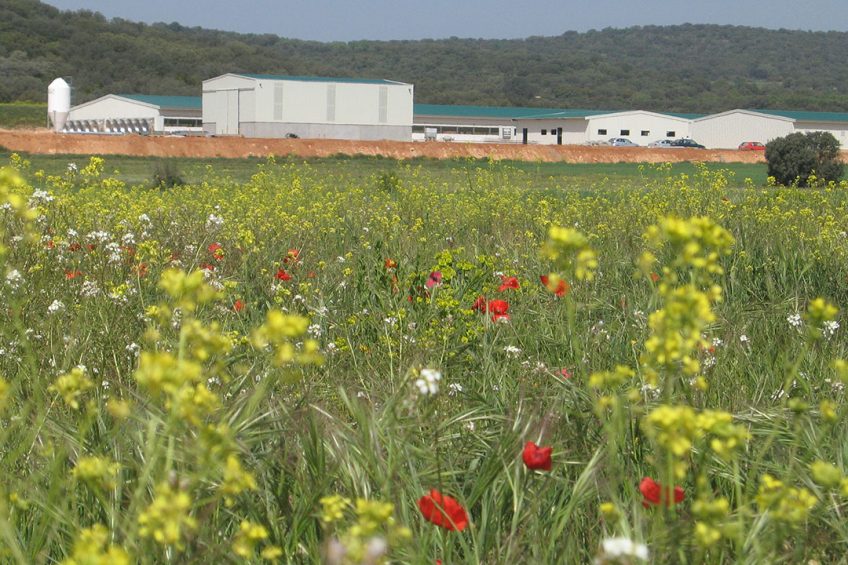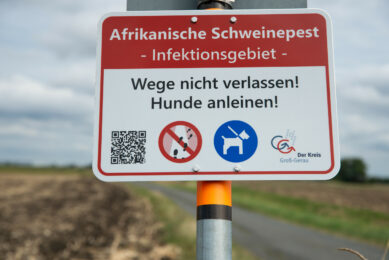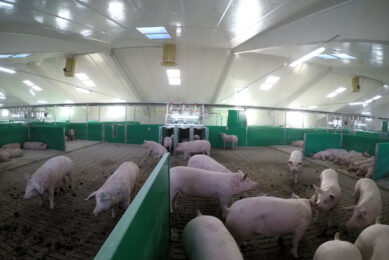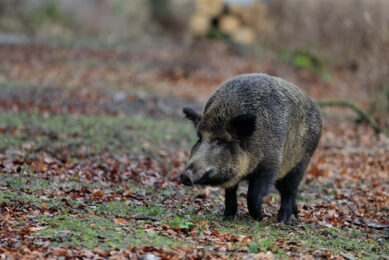Spain’s pork exports to China jumped in 1st half year

In the 1st semester of 2020, Spain’s pigmeat export volume to China increased 107% compared to the same period last year. Not surprisingly, the growth was related to African Swine Fever (ASF).
Miguel Ángel Higuera Pascual, executive director of Spain’s National Association of Swine Producers (Anprogapor), explained that the Spanish export market had an increase of 15.9% in volume and 31.3% in value during the 1st semester of 2020, “with a clear tendency towards change in destinations”.
China: Spain’s number #1 export destination
A 4.9% fall in the sales towards the European market contrasts with the sharp increase of 41.8% towards 3rd countries (i.e., outside the EU), where China’s role stands out. The country has become Spain’s number #1 pigmeat export destination with 39.5% of sales or 539,627 tonnes in the 1st semester of 2020. In the same period in 2019, Spain exported 260,652 tonnes to China. That represents an increase of 107% in volume to the Asian giant with respect to the same period in 2019.
In terms of export value, the increase was even bigger. From January to July 2019, the value of pork exports to China was € 442 million. “The value of the exports to China in the 1st semester of 2020 has been € 1,192 million, which means an increase of 169.5%,” said Higuera. With those figures, China ousted Spain’s traditional 1st export destination, France.
Effects of ASF and Covid-19
Higuera explains that after the progression of ASF in Asian countries such as China and Vietnam, the global demand has increased because of the reduction in the production of these countries.
In addition, Covid-19 has also had an effect on the exports, which have been affected firstly by the slump in freight traffic and return of containers. Secondly, the presence of the virus in slaughterhouses in the United States resulted in lower prices and an increase of exports from the US. Lastly, the market has been affected by doubts with Asian buyers related to the virus presence in Europe.
Despite all this, swine production in Spain has continued, Higuera said, “by applying strict preventive measures against Covid-19 in farms and slaughterhouses”. Spain’s export capacity remained unchanged because of these.
No changes in the Spanish protocol against ASF
After the discovery of wild boar with ASF in Germany, some countries have activated special sanitary protocols. That is not the case in Spain. Since the eradication of ASF in 1995, Higuera said Spanish producers have “maintained an active surveillance programme against the disease, and it still remains in force. Also, the awareness in biosecurity and passive surveillance have been reinforced for breeders and veterinarians.”
Furthermore, Higuera said the regionalisation measures implemented by the European Union are considered to be right, since “they are containing the disease’s progress”.
New business opportunities due to ASF in Germany
Certain countries have banned imports from Germany since the ASF incidents. According to Higuera, Germany should focus on the European market until the regionalisation agreement with China is settled. That could mean new business opportunities for countries such as Denmark, the Netherlands or Spain.
Unfortunately, it is going to be very difficult to benefit from them. “In order to increase the exports, more freezing capacity is needed, and we lack this extra capacity,” he said. Currently, Spanish producers are working on creating a balance between cooling and freezing capacities due to a global tendency towards frozen pigmeat – a development unrelated to business opportunities in the Asian market.












